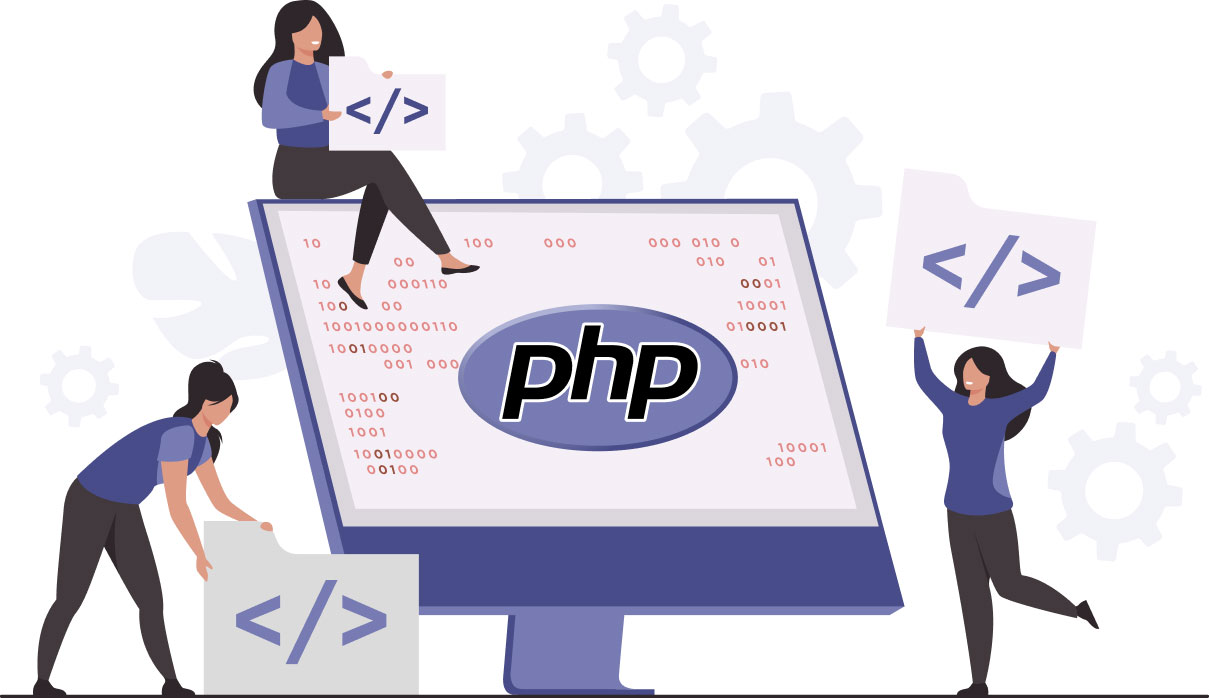Timeline Tales
Exploring the stories that shape our world, one timeline at a time.
PHP Development: Code Like a Pro Without Losing Your Mind
Master PHP development with ease! Unlock pro coding tips and tricks that keep your sanity intact. Dive into a smarter way to code!
10 Essential PHP Tips for Beginners to Code Like a Pro
Learning PHP can be a thrilling journey for beginners, but it also comes with its challenges. To start off on the right foot, it's essential to understand the basics of syntax and data types. Familiarize yourself with PHP variables, arrays, and operators. Additionally, embrace the power of comments to keep your code readable. A great tip for beginners is to use meaningful variable names; this enhances the clarity of your code. As you progress, consider utilizing built-in PHP functions to simplify your code and improve efficiency.
Once you're comfortable with the basics, focus on mastering common control structures, such as if statements, loops, and switch statements. These will help you manage the flow of your applications effectively. Furthermore, don’t underestimate the importance of error handling. Adopting best practices, like using try-catch blocks, will make your code more robust. Lastly, make sure to practice regularly and build small projects to reinforce your skills. Remember, consistent practice is key to coding like a pro in PHP.

How to Debug PHP Code: A Step-by-Step Guide for Developers
Debugging PHP code can often feel daunting, but with a structured approach, you can streamline the process significantly. Start by enabling error reporting, which can be done by adding the following line at the top of your script: ini_set('display_errors', 1); This ensures that any runtime errors are immediately visible, allowing you to pinpoint issues more effectively. Next, consider using the built-in var_dump() or print_r() functions to examine variable states and data structures. This step is critical as it provides insight into what the variables actually contain during execution.
Another invaluable tool in PHP debugging is Xdebug, a powerful extension that enhances the debugging process. With Xdebug, you can set breakpoints, step through code, and examine the call stack at any point during execution. To get started, install Xdebug and configure your IDE to use it effectively. Additionally, paying attention to PHP logs can help you track errors and warnings that may not be displayed directly on the screen. By following this step-by-step guide, you can significantly improve your ability to debug PHP code and enhance your overall development efficiency.
Common PHP Coding Mistakes and How to Avoid Them
When working with PHP, developers often fall into the trap of common coding mistakes that can lead to security vulnerabilities, performance issues, and maintenance headaches. One prevalent mistake is failing to validate user input. Neglecting to sanitize input can open your application to SQL injection attacks, which can compromise your database. To avoid this pitfall, always use functions like mysqli_real_escape_string() or prepared statements in conjunction with parameterized queries. By validating and sanitizing all user inputs, you help ensure the integrity and security of your application.
Another frequent error is not utilizing error handling effectively. Many developers overlook the importance of setting proper error reporting levels, which can lead to hidden errors during the development process. To improve your error handling, make use of PHP's built-in error reporting functions, such as error_reporting(E_ALL) and configure a custom error handler to capture and log errors efficiently. By implementing robust error handling strategies, you can identify issues early on and enhance the overall stability and performance of your PHP applications.